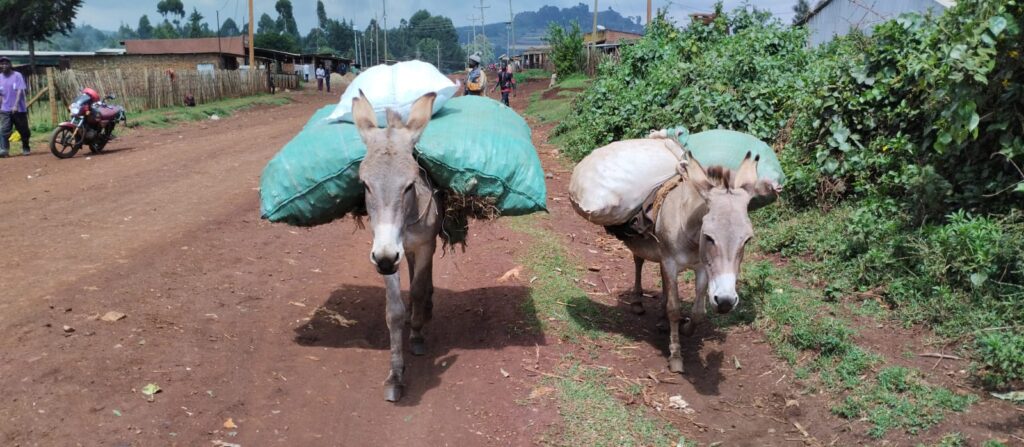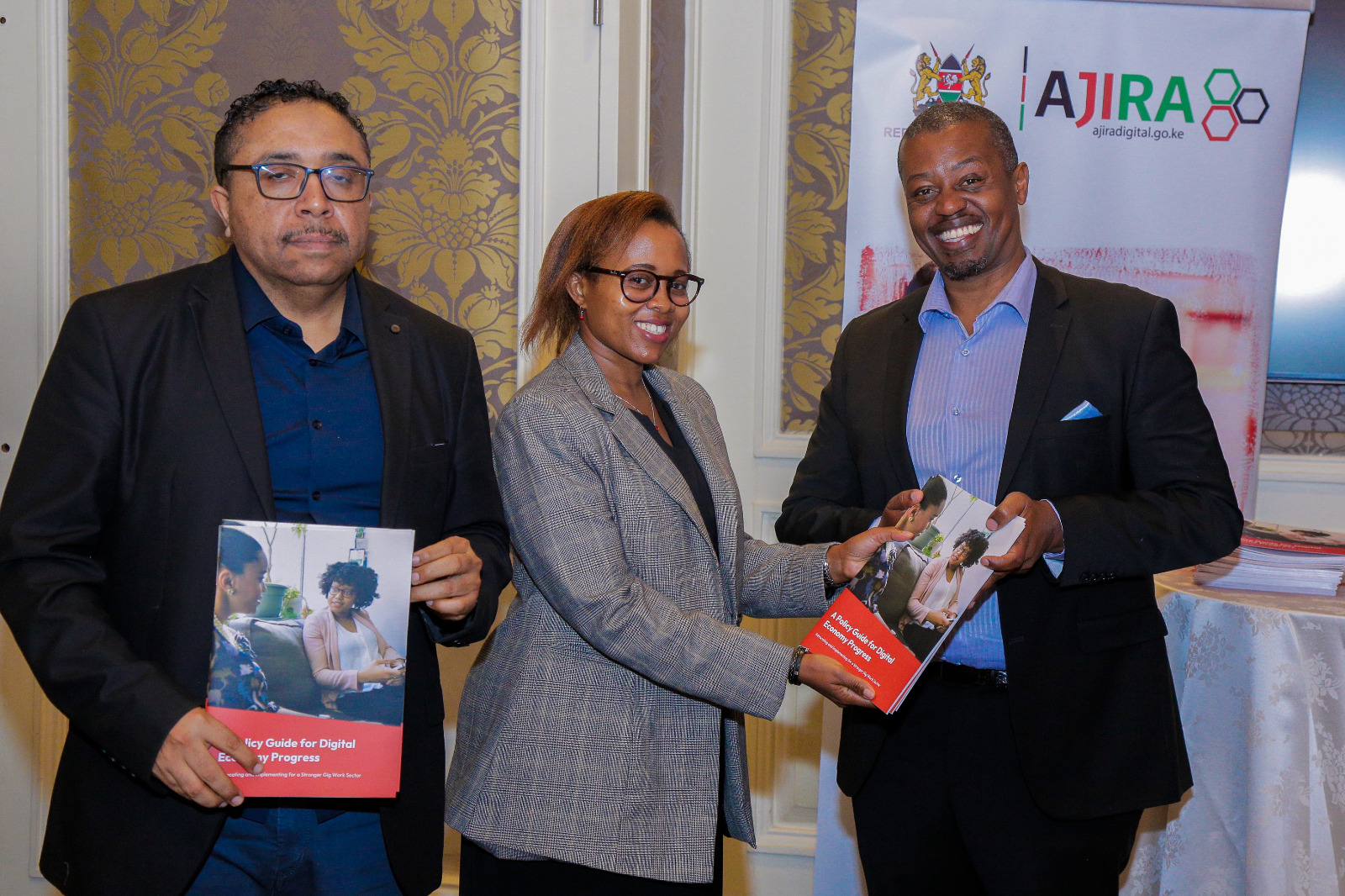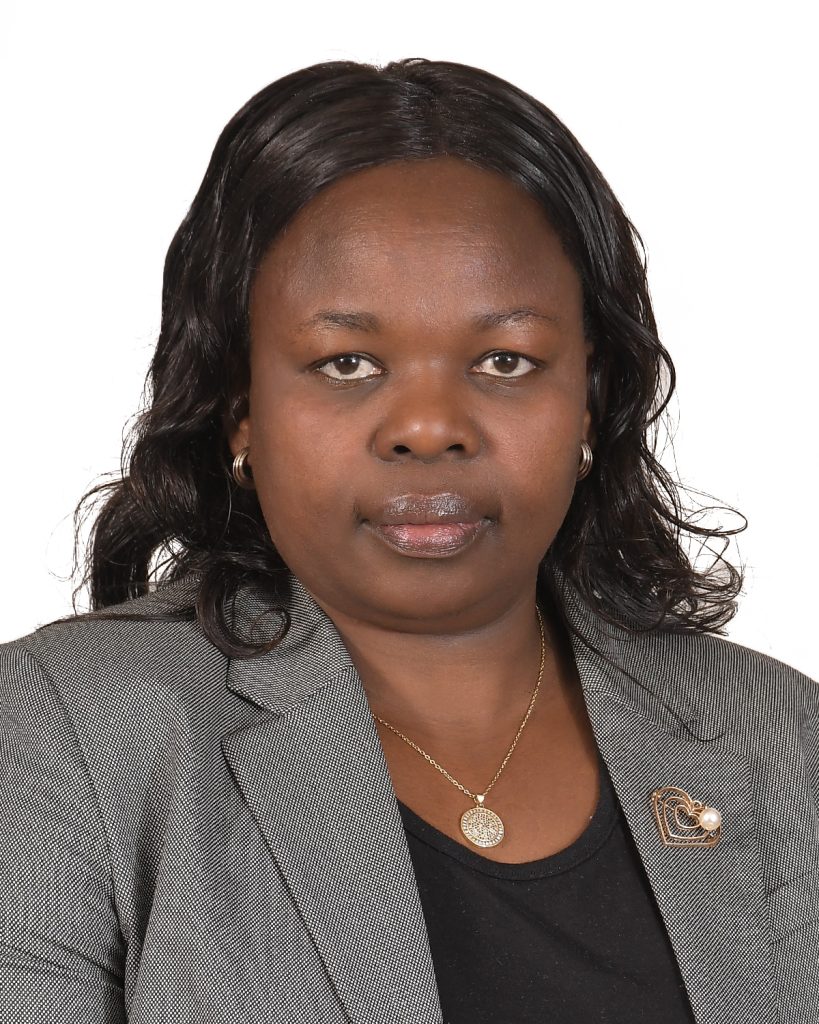Ripple Effect Hold Stakeholders Meeting To Accentuate Ban On Donkey Slaughter By African Union

By Isabella Maua
Donkey welfare organizations have recently held a meeting with stakeholders within the Mt. Elgon region to sensitize them on the recent ban of donkey slaughter in Africa by the African Union.
The meeting that was held by Ripple Effect last week in Kaptama ward, Mt. Elgon Sub County, encompassed local administrators, police officers, animal health practitioners, veterinarians, and donkey farmers within the area.
According to Dr.Peter Ng’ielo of Ripple Effect, it is a relief after their tireless efforts over the years to fight drudgery not only in Kenya but also in Africa, where these beasts of burden have for long been endangered.
“We are disheartened by the illegal slaughter of donkeys in the bushes and the selling of their meat to innocent Kenyans, and that’s why we met with stakeholders to sensitize them on the ban in the quest to protect the donkeys and cushion farmers,” highlighted Dr. Ng’ielo.
Maasai Kisa, an assistant chief at Chesito, reiterated that the meeting was fruitful and that they shared impactful knowledge on how to sensitize the public more about donkey theft and slaughter bans.
“The donkey population in this area has greatly dropped because of theft. Being at the boundary, many donkeys are taken to neighbouring Trans Nzoia County and perhaps then taken to other towns for illegal slaughter,” observed Kisa.
He also divulged that they will be holding public barazas to sensitize the masses on the importance of donkeys since one donkey takes care of six people in a household, and losing it has great drawbacks.
“We shall also be visiting donkey markets, the nearest being Kamukuywa, where we’ll be monitoring the buyers, purpose of purchase, permit for transportation, and even destination of the donkeys,” disclosed Kisa.
He added, “We continue to work collaboratively with police officers, Nyumba Kumi village elders, and farmers to ensure zero tolerance for donkey theft and slaughter, which according to our culture is taboo.”
Naomi Cherop confirms the importance of donkeys in their livelihoods, attesting that if at all they are stolen and even killed for meat and skin, they stand to lose a lot as a family and a community.
Though it may not be an easy task for organizations like Ripple Effect and Brooke East Africa, which have played a vital role in advocating for this ban, African Union heads have restored hope to Africa’s donkey owners.







